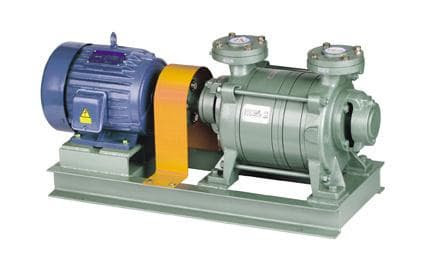What causes vacuum pump failure?

What causes vacuum pump failure?
Vacuum pump failure can result from various issues including contamination, mechanical wear and tear, overheating, improper installation, and poor maintenance practices. Specifically, contamination from liquids or solids, worn-out parts like vanes and seals, overheating due to inadequate lubrication, and incorrect installation can all lead to pump failure.
Here’s a more detailed breakdown:
۱٫ Contamination:
- Solid contaminants: Dust, dirt, and debris can clog filters and damage internal components.
- Liquid or gas contamination: Chemical or gas contamination can cause corrosion and damage.
۲٫ Mechanical Wear and Tear:
- Vanes, seals, and gaskets: These parts are prone to wear and tear, leading to reduced performance or leaks.
- Bearing failure: Inadequate lubrication can cause overheating and bearing failure.
۳٫ Overheating:
- Inadequate lubrication: This causes friction and heat buildup.
- Overloading the pump: Running it at a high speed for extended periods can also lead to overheating.
۴٫ Improper Installation:
- Incorrect bolt torque: Can lead to leaks or vibrations.
- Misaligned piping: Can compromise pump performance.
۵٫ Poor Maintenance:
- Infrequent oil changes: Can cause damage due to lack of lubrication.
- Failing to replace worn-out parts: Can lead to further damage and failure.
۶٫ Other factors:
- Running the pump dry: Can cause damage to internal components.
- Exceeding pump capacity: Can lead to overheating and mechanical failure.
- Leaks: Can reduce vacuum pressure and system efficiency.
By understanding these common causes, preventative maintenance and proper operation can significantly extend the life of a vacuum pump and avoid costly failures.
The most common cause of vacuum pump failure occurs due to broken belts, electrical problems inside the unit, or vacuum hoses that fail. … The pump operates constantly if the engine is on, so wear and tear will eventually cause it to fail.
